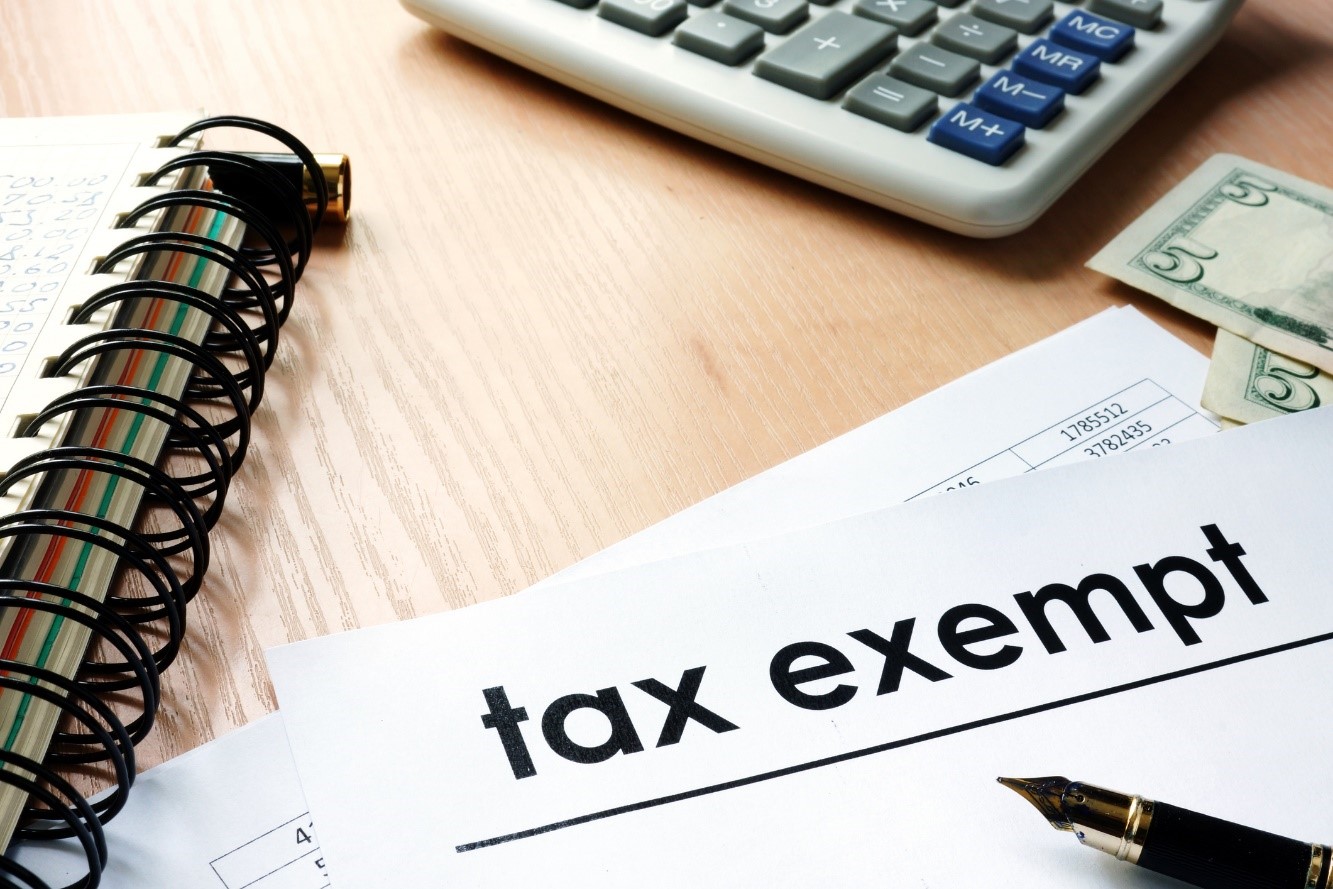
Published: Sep 28, 2024
How to Get Your Online Store Legally Licensed in 2024 (Easy Guide)
How to Get Your Online Store Legally Licensed in 2024 (Easy Guide)
Hey there, my fellow digital entrepreneurs! 🚀 Elena here, back at it again with another guide to help you navigate the wild world of e-commerce. Today, we’re tackling a topic that might make your eyes glaze over… but trust me, it’s essential. Yep, we’re talking about getting your online store all nice and legal with a business license! 😎 Don’t worry, I’ll make it painless… pinky promise! 🤙
TLDR: Do I really need a business license for my online store?
1️⃣ Is a business license mandatory for online stores?
Absolutely! Whether you’re selling handmade jewelry or drop-shipping gadgets, you need to play by the rules. Most cities and states require a business license, even if you’re running things from your couch. It’s not just about staying on the right side of the law - it also makes you look legit to customers and partners.
2️⃣ What happens if I don’t get a license for my e-commerce biz?
Skipping out on a license might seem like an easy way to save a few bucks, but it can come back to bite you. If you get caught operating without a license, you could face fines, penalties, and even legal action. Plus, it can seriously damage your reputation and make it tough to grow your business in the long run.
3️⃣ How long does it take to get an online business license?
The time it takes to snag your license varies depending on where you’re located and the type of biz you’re running. Some cities and states have streamlined the process, so you can apply online and get approved in a matter of days. Others might take a few weeks or even months. But don’t let that stop you - the sooner you start, the sooner you can focus on crushing it in the e-commerce game!
Table of Contents
- Determine Your Business Structure
- Register Your Business Name
- Obtain Your EIN (Employer Identification Number)
- Apply for a Business License
- Obtain Any Additional Permits
- Keep Your Licenses and Permits Up-to-Date
Determine Your Business Structure
When starting your online store, one of the first big decisions you’ll face is choosing the right business structure. This choice impacts everything from taxes to personal liability, so it’s crucial to get it right. Let’s break down the most common options:
Sole Proprietorship
- Easiest and cheapest to set up
- You’re personally responsible for all debts and liabilities
- Income is reported on your personal tax return
Perfect for solo entrepreneurs just starting out. I ran my first Etsy shop as a sole proprietorship for two years before upgrading.
Limited Liability Company (LLC)
- Protects your personal assets from business debts
- Flexible tax options
- More credibility with customers and suppliers
My current e-commerce business, ChicCharm, is an LLC. It gives me peace of mind knowing my personal savings are protected if anything goes wrong.
Corporation
- Strongest liability protection
- Easier to raise capital through stock sales
- More complex and expensive to set up and maintain
Corporations are typically best for larger online stores with plans for significant growth or outside investment.
Partnership
- Shared responsibility and investment
- Can be general or limited partnerships
- Requires clear agreements between partners
If you’re starting an online store with a friend or family member, a partnership might be the way to go. Just make sure to get everything in writing!
Factors to Consider
When choosing your structure, think about:
- Liability Protection
 How much personal risk are you comfortable with?
How much personal risk are you comfortable with? - Taxes: Each structure has different tax implications. Consult a tax professional for guidance.
- Complexity: Can you handle the paperwork and regulations of more complex structures?
- Growth Plans: Will your chosen structure support your future goals?
Remember, you’re not locked into your initial choice forever. Many successful online stores start as sole proprietorships and evolve as they grow. The key is to pick a structure that supports your current needs while allowing for future flexibility.
Register Your Business Name
Picking the perfect name for your online store is more than just a creative exercise - it’s a legal requirement. Here’s how to make it official:
Doing Business As (DBA)
- Also known as a “fictitious business name” or “trade name”
- Required if you’re operating under a name different from your legal name
- Doesn’t provide legal protection, but allows you to use a catchy brand name
When I started ChicCharm, I filed a DBA to use that name instead of “Elena Martinez Enterprises.”
Steps to Register Your Business Name
-
- Check if your desired name is already taken
- Search your state’s business registry and trademark databases
-
- Most states allow you to reserve a name for a small fee
- Gives you time to complete paperwork without losing your chosen name
File Registration Paperwork
- Submit forms to your local county clerk’s office or state agency
- Fees vary, but expect to pay $10-$100
Publish a Notice
- Some states require you to publish your DBA in a local newspaper
- This step helps prevent fraud and notifies the public
Choosing a Strong Business Name
- Be Unique: Stand out from competitors
- Keep it Simple: Easy to spell and remember
- Consider SEO: Include relevant keywords if possible
- Think Long-term: Will it still work if you expand your product line?
My first choice for ChicCharm was actually “StyleSavvy,” but it was taken. Brainstorm several options!
Protect Your Brand
- Trademark your business name for extra protection
- Consider registering domain names and social media handles to match
Online-Specific Considerations
- Check domain availability before finalizing your name
- Ensure the name works well for social media handles (character limits, etc.)
- Consider how it’ll look on packaging and shipping labels
Remember, your business name is often a customer’s first impression of your brand. Take the time to choose wisely and register properly. It’s the foundation for building a successful online store!
Obtain Your EIN (Employer Identification Number)
Getting an EIN is a crucial step in setting up your online store. It’s like a social security number for your business, and you’ll need it for all sorts of important stuff. Let’s break it down:
Employer Identification Number (EIN)
- A unique 9-digit number assigned by the Internal Revenue Service (IRS)
- Required for most business structures (except some sole proprietorships)
- Needed for opening a business bank account, filing taxes, and hiring employees
When You Need an EIN
- If you’re forming an LLC or corporation
- If you plan to hire employees
- If you’re opening a business bank account (most banks require it)
I got my EIN for ChicCharm right after registering my LLC. It took about 15 minutes online!
How to Apply for an EIN
-
- Fastest method - you get your EIN immediately
- Available Monday through Friday, 7 a.m. to 10 p.m. Eastern Time
Fax Application
- Use Form SS-4
- Fax to (855) 641-6935
- Processing time: about 4 business days
Mail Application
- Also use Form SS-4
- Mail to: Internal Revenue Service, Attn: EIN Operation, Cincinnati, OH 45999
- Processing time: about 4 weeks
Tips for a Smooth Application
- Have all your business info ready before starting
- Double-check everything - errors can delay processing
- Keep your EIN confirmation letter in a safe place
Using Your EIN
Once you’ve got your EIN, you’ll use it for:
- Filing business tax returns
- Opening a business bank account at places like Chase or Wells Fargo
- Applying for business licenses and permits
- Setting up accounts with vendors and suppliers
EIN Security
- Don’t share your EIN publicly
- Be cautious when giving it out - only provide it to trusted entities
- If your EIN is compromised, contact the IRS immediately
Getting your EIN is a big step towards making your online store official. It’s free, relatively quick, and opens up a world of business opportunities. Don’t put it off - it’s one of those things that feels great to check off your to-do list!
Apply for a Business License
Getting your business license is a crucial step in making your online store legit. Here’s how to navigate the process:
Types of Licenses
- General Business License
 Most cities and counties require this basic permit to operate.
Most cities and counties require this basic permit to operate. - Seller’s Permit Needed if you’re selling taxable goods online.
- Home Occupation Permit Required if you’re running your e-commerce biz from home.
Steps to Apply
-
- Each city has different requirements, so start here.
- Ask about specific licenses for online businesses.
Gather Required Documents
- Business structure info
- EIN
- Photo ID
- Proof of address
Complete the Application
- Apply online if available (faster processing)
- Or fill out a paper form
Pay the Fees
- Application fee: Usually around $50-$100
- Annual license fee: Varies based on business type and location
Wait for Approval
- Processing times vary from a few days to several weeks
- Some cities do on-site inspections for home-based businesses
Tips for Success
- Double-check zoning laws: Make sure your home is zoned for business use.
- Be honest on your application: Providing false info can result in fines or license revocation.
- Set a reminder to renew: Most licenses need annual renewal.
Special Considerations for Online Stores
- Multi-jurisdictional Licenses
 If you ship to multiple states, you might need licenses in each.
If you ship to multiple states, you might need licenses in each. - Digital Products Some areas have specific rules for selling digital goods or services.
Remember, getting licensed might seem like a hassle, but it’s way better than dealing with fines or legal issues down the road. Plus, it gives your customers peace of mind knowing they’re dealing with a legit business. Now go make it official!
Obtain Any Additional Permits
Depending on your specific ecommerce business, you may need additional permits beyond a basic business license. Let’s dive into some common scenarios:
Food and Beverage Permits
If you’re selling food products online, you’ll likely need:
- Health Department Permit
 Required for preparing or packaging food items.
Required for preparing or packaging food items. - Food Handler’s License For anyone directly involved in food preparation.
When I launched my artisanal cookie line on ChicCharm, I had to get both of these from the Los Angeles County Department of Public Health.
Alcohol Sales Permits
Selling alcohol online is heavily regulated:
- Federal Basic Permit: From the Alcohol and Tobacco Tax and Trade Bureau (TTB)
- State Liquor License: Requirements vary by state
Cosmetics and Personal Care Products
- FDA Registration
 Required for manufacturing or importing cosmetics
Required for manufacturing or importing cosmetics - Good Manufacturing Practices (GMP) Certification Ensures product safety and quality
Dropshipping and Reseller Permits
- Resale Certificate
 Allows you to buy products tax-free for resale
Allows you to buy products tax-free for resale - Sales Tax Permit Required in most states where you have sales tax nexus
Intellectual Property Permits
- Copyright Registration
 For original designs or content
For original designs or content - Trademark Registration To protect your brand name and logo
Industry-Specific Permits
- Electronics Recycling Permit
 If you’re reselling refurbished electronics
If you’re reselling refurbished electronics - Firearms Dealer License
 For selling firearms or ammunition online
For selling firearms or ammunition online - Pesticide Applicator License
 Required for selling certain pest control products
Required for selling certain pest control products
Tips for Obtaining Additional Permits
- Research thoroughly: Use resources like the Small Business Administration (SBA) to identify all necessary permits
- Budget for fees: Some specialized permits can be costly
- Allow ample time: Processing times vary widely, from days to months
- Consult experts: Consider hiring a lawyer or business consultant familiar with your industry
Remember, operating without required permits can result in hefty fines or even forced closure of your online store. It’s always better to be overprepared than caught off guard!
Keep Your Licenses and Permits Up-to-Date
Keeping your licenses and permits current is crucial for running a legit online store. Here’s how to stay on top of it:
Set Up a Renewal System
- Use a digital calendar like Google Calendar to set reminders
- Mark renewal dates at least 30 days in advance
- Create a spreadsheet to track expiration dates for all permits
I learned this the hard way when I almost missed renewing my seller’s permit for ChicCharm. Now I have alerts set up months in advance!
Stay Informed About Regulatory Changes
- Follow your state’s Department of Revenue on social media
- Subscribe to industry newsletters
- Join local business groups or chambers of commerce
Common Renewal Periods
- Annual Renewals
- Most general business licenses
- Sales tax permits in many states
- Biennial Renewals
- Some professional licenses
- Certain state-level permits
- Variable Periods
- Food handling certifications (often 2-5 years)
- Specialized industry permits
Tips for Smooth Renewals
- Keep copies of all original applications and licenses
- Update your info if you’ve moved or changed business structure
- Budget for renewal fees - they can sometimes increase
What Happens If You Let Licenses Lapse?
- Fines and penalties (can be hefty!)
- Potential suspension of business operations
- Loss of good standing with state agencies
One of my Etsy seller friends got hit with a $500 fine for an expired business license. Don’t let this happen to you!
Special Considerations for Online Sellers
- Multi-State Compliance If you have sales tax nexus in multiple states, track each state’s requirements separately
- Platform-Specific Rules Some marketplaces like Amazon or eBay may require proof of current licenses
When to Seek Professional Help
- If you’re expanding to new states or countries
- When dealing with complex industry regulations
- If you’ve missed renewals and need to rectify the situation
Consider working with a business lawyer or compliance consultant to ensure you’re fully covered.
Remember, staying on top of your licenses isn’t just about avoiding fines - it’s about building a sustainable, trustworthy business. Make it a regular part of your operations, and you’ll sleep easier knowing your online store is 100% legit!



